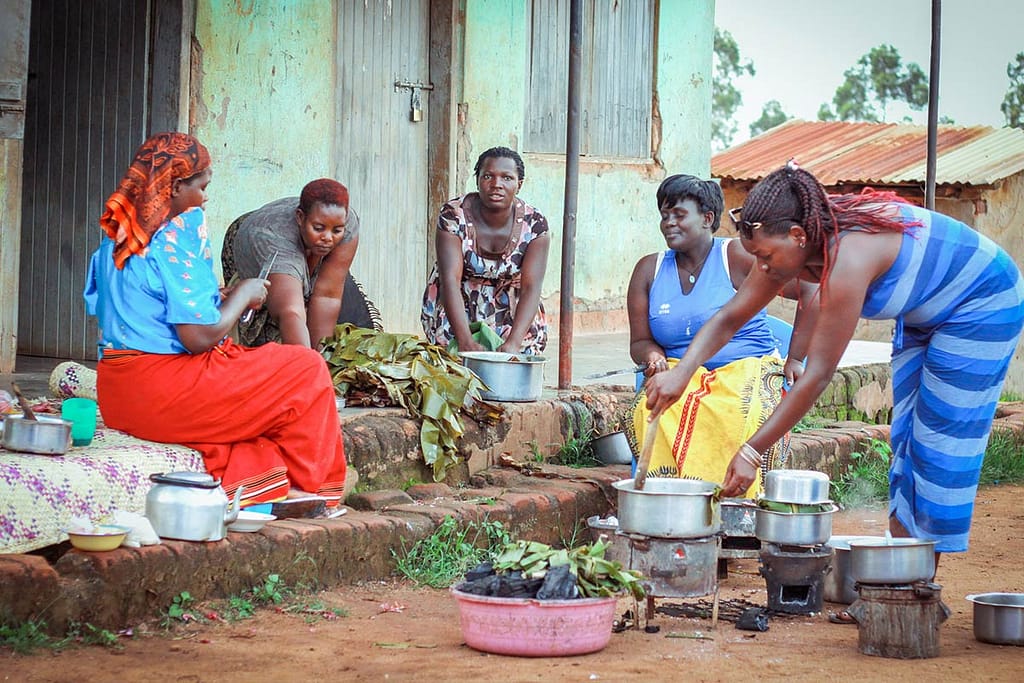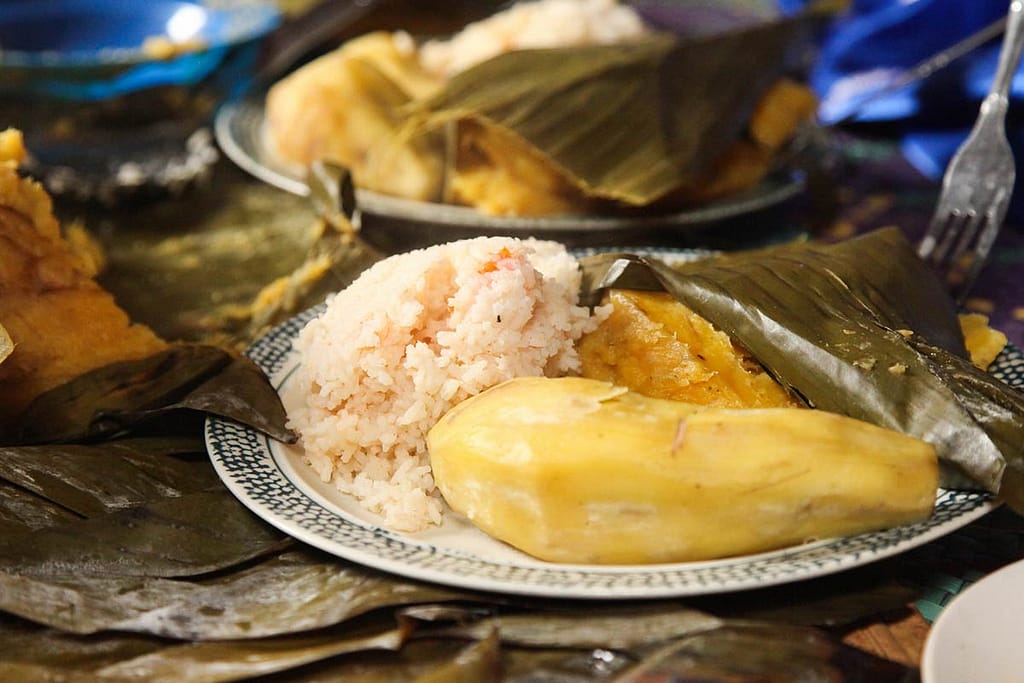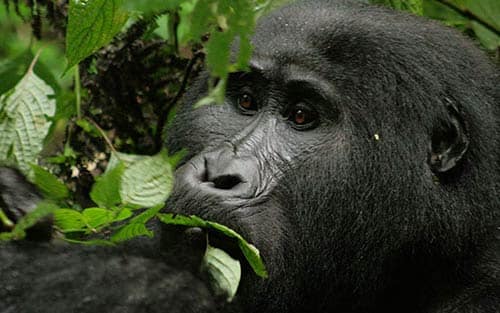Culture in Uganda; A fascinating tour experience
Culture in Uganda is well known for being addictive and welcoming to all visitors that come to the country. Visitors to the country will generally find Ugandans to be warm, friendly and relaxed. Shaking hands is the normal form of greeting and it’s considered rude not to greet a person properly before rushing into asking them a question. Most people will know ‘Hello’, but the Swahili ‘Jambo’ is also used. Casual dress is usual for most occasions in the daytime or evening.
Ugandans have adopted a socially conservative culture and expressing emotions or affection in public is best avoided. Expressing anger is also frowned on and generally counter-productive, so try and keep calm in frustrating situations.
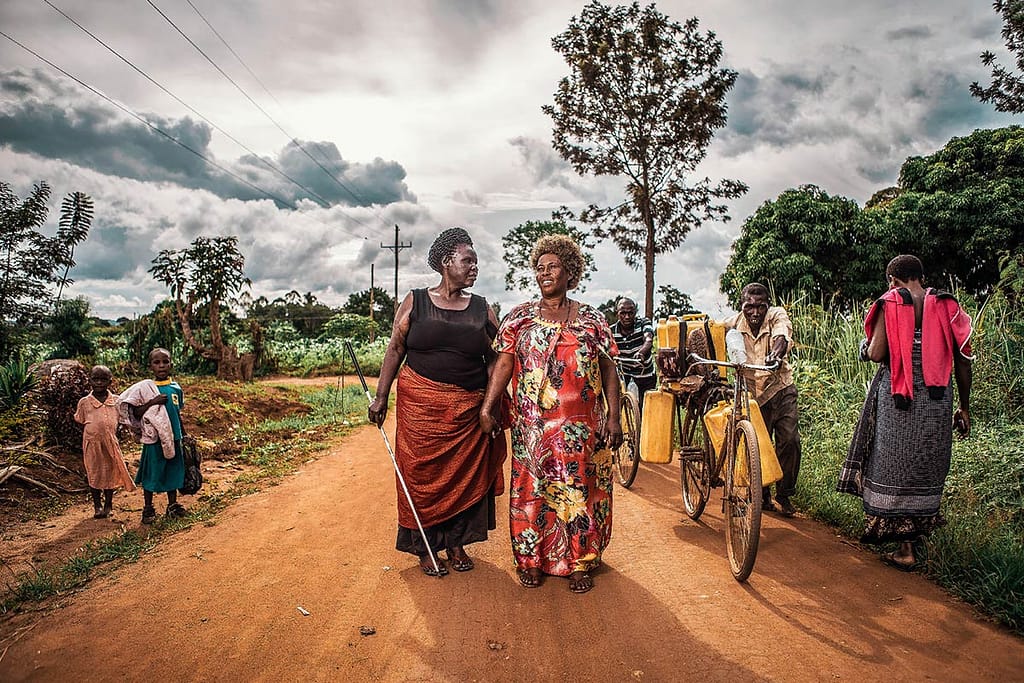
Drug abuse is illegal and widely condemned, as is homosexuality. There has been much publicity in recent years regarding Uganda’s hardline approach to homosexuality, with the government proposing in 2009 – it was later overturned in 2014 – an Anti-Homosexuality Bill which would have included death penalties for anyone proved to be indulging in same-sex activities. While the bill provoked strong international condemnation, homosexuals in Uganda still regularly face persecution, outings in the media or through the church, eviction, arrests and violence. As such, any LGBTQ+ travellers to the country are advised to be extremely cautious.
Photography: Since 1992, photography has been allowed in all areas with the exception of airports or military installations. However, some areas are still sensitive and it is advisable to take local advice. Commercial photographers should consult the Ministry of Information for a permit. If taking a photograph of people, ask their permission first.
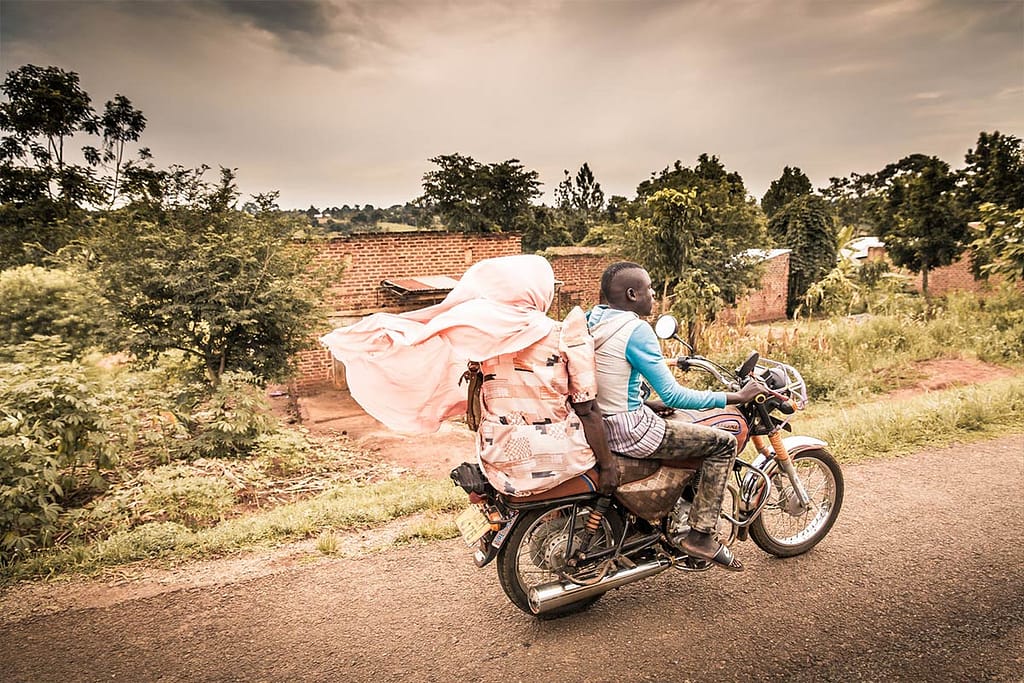
Religion in Uganda
84.5% Christian and 13.7% Muslim with the remaining being atheist, or belonging to traditional religions. There are tiny minorities that practice Hinduism and Judaism.
Food and Drink
Ugandan cuisine draws on English, Arab and Asian – especially Indian – influences and uses local produce including plantains, sweet potatoes, corn, beans and cassava.
It’s easy to eat cheaply almost anywhere in the country. International restaurants can be found in larger towns, with Indian, Chinese and Italian being the most popular.
Traditional foods include ugali (solidified maize meal porridge) served with a stew of groundnuts (peanuts), beans, chicken or meat such as beef, goat or mutton. Game can be found on menus in some restaurants and at safari lodges. Fish including the tiger fish, mukini, mputa and tilapia are popular.
Vegetarians may struggle outside of major towns, but Uganda’s Indian and Chinese restaurants generally offer a selection of vegetarian dishes.
Ethnicity & Tribes
Despite Uganda’s long history the people have still managed to keep hold of their many unique cultures, with the Bantu-speaking people influencing most of the country’s culture. In the north the Lango and the Acholi tribes are prominent, while in the east the Iteso and Karamojong tribes can be seen. The rainforests in western Uganda are still inhabited by the Pygmies. The traditional kanzu that the Buganda people introduced to Uganda is still the national dress for men, while women are clad in gomesi, which are colorful floor-length dresses tied with a sash.
The Buganda have also taken over the music scene in Uganda, although all tribes have their own indigenous music. Buganda music is predominantly drums and other percussion instruments and is usually accompanied by some complex dances. The eastern Bagosa tribe plays instruments similar to xylophones, while the Acholi and the Langi tribes in the north play a thumb piano. In the west the percussion music of the Banyankore is most dominant, and more graceful than that of the Buganda. Music and dance can be seen in different areas of the country, and traditional music and dance shows can be witnessed in all regions, although it is easiest to find them in Kampala.

